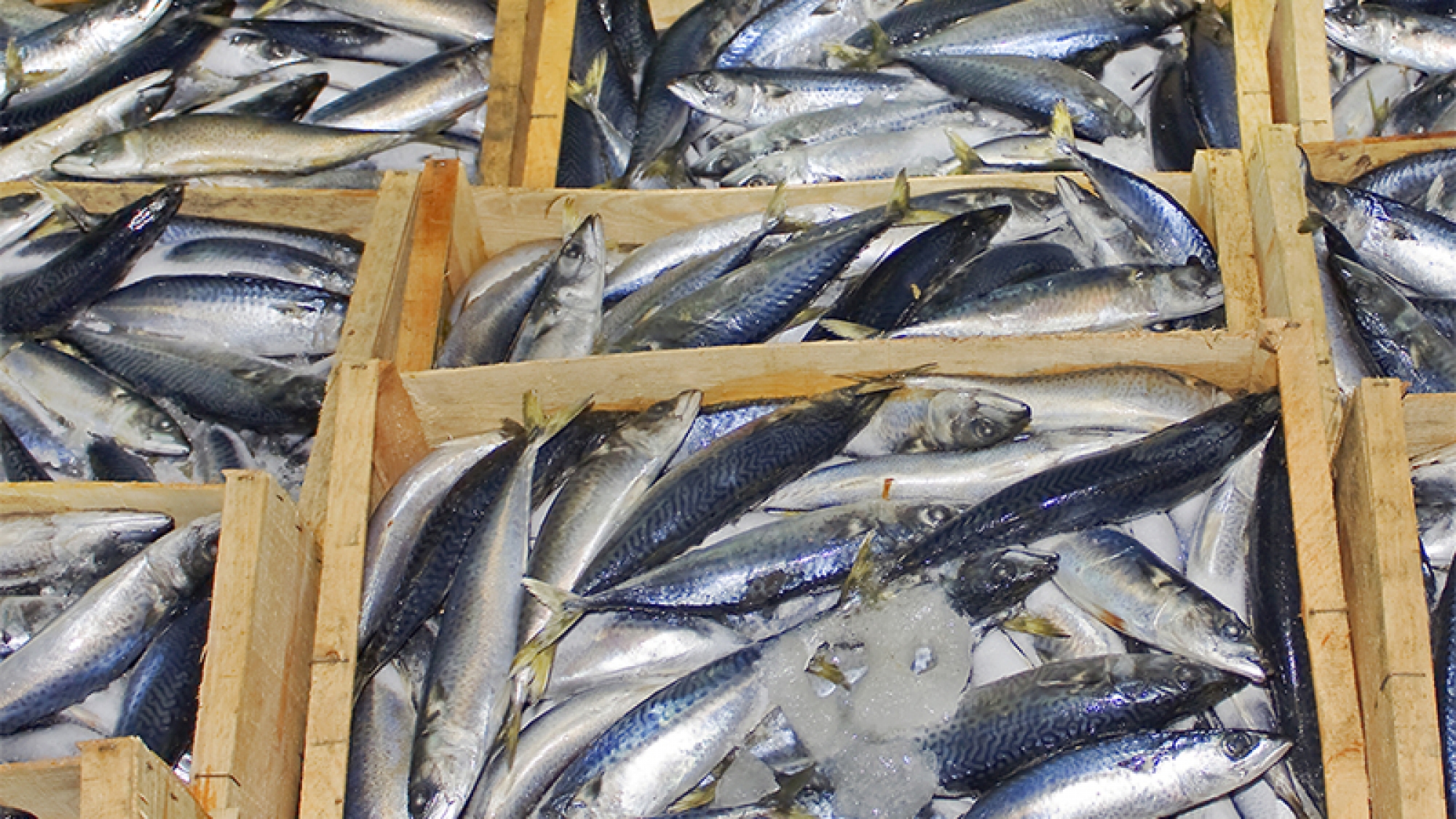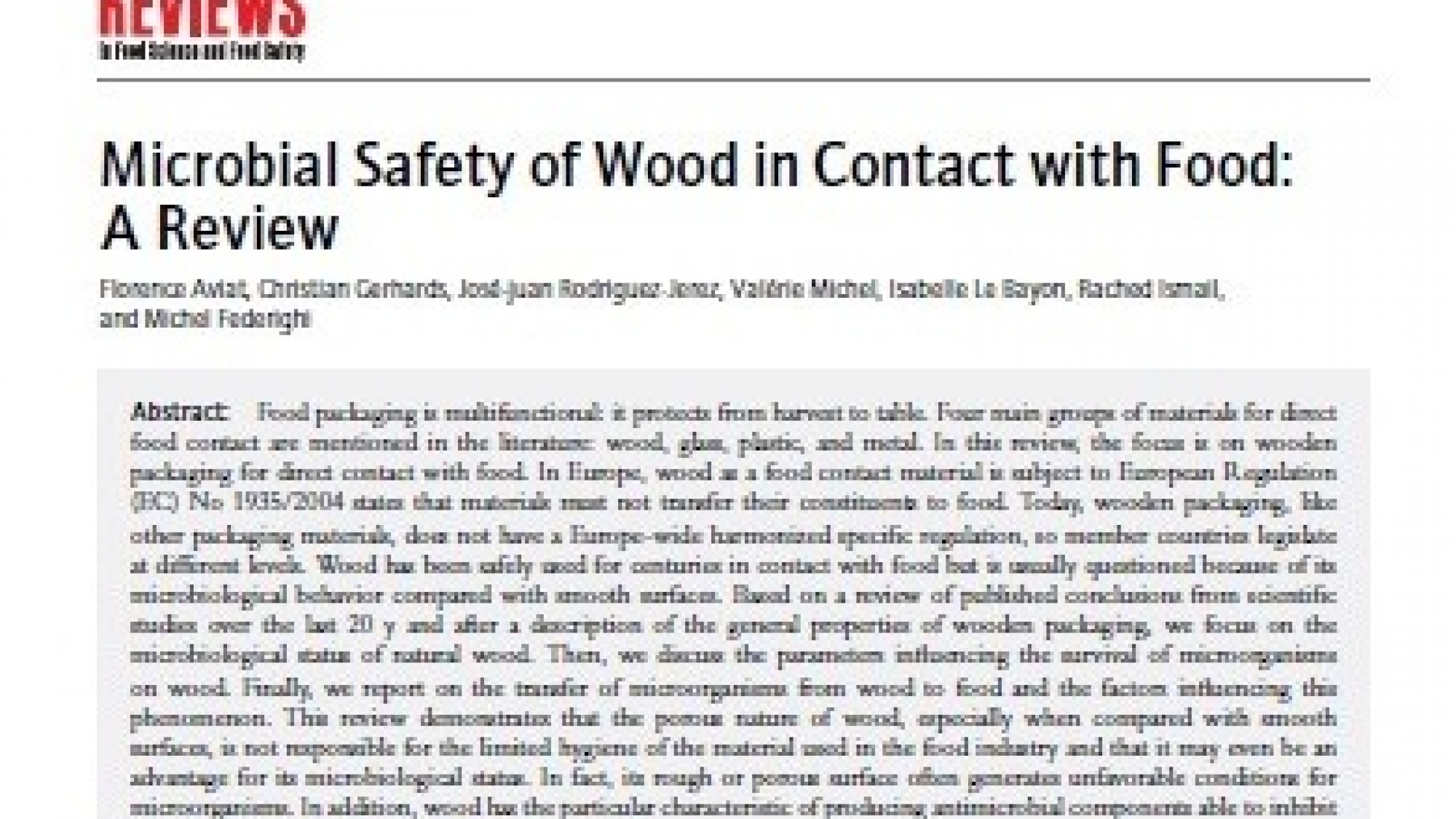Scientific studies confirm again the suitability of wood in contact with fruit, fish and cheese
Recent research carried out in France and Spain confirms once again the antibacterial properties of wood from black poplar and pine trees.
At the beginning of last November, The results of new scientific studies on wood and food safety were presented at European scale at the 66th FEFPEB conference held in Cork (Ireland) and the 29th conference of the European Federation of Food Science and Technology (EFFoST) held in Athens (Greece).
The conclusions of vast research carried out by the French consortium “EMABOIS” were presented in Cork. The research, which was led by F. Aviat and M. Federighi, has given rise to various doctorate theses and scientific articles, and the conclusions reached are in line with the work on fish crates that was carried out in Spain by José Juan Rodríguez Jerez from the Faculty of Veterinary Medicine of Barcelona, and was presented in Athens.
This EMABois project has counted on the participation of various French research authorities (such as Actalia, ESB, ESI Reims, FCBA, and ONIRIS), and has also validated specific methods and protocols of microbiological and chemical analysis on wood. The results of the project confirm the harmlessness and microbiological hygiene of wooden surfaces, especially in the study regarding contact with fresh produce such as fruit, vegetables, fish and dairy products.
Just like other research work that has been carried out over the past few years, this study confirms once again the strong antibacterial effect of wood in different cases due to physical inhibition (especially wood from black poplar, pine and fir trees), concluding that the porosity of wood is, in this sense, an advantage in comparison to “smooth” materials.
The conclusions are similar to those of Professor Rodríguez Jerez, who assessed microbiological behaviour after the first use for different containers used to pack fish at Spanish market. In fact, he affirms that due to the antibacterial properties of wood, it is the least contaminated material after being in contact with fish. Besides, wooden crates also preserve its quality and safety. of the fish.
The French Aviat and Federighi also conclude that the possible migration of the natural molecules of wood, especially volatile organic compounds, is harmless for the consumer. In fact, their research identifies substances that are considered harmless within the international legal framework and scientific literature, and which are even used in the pharmaceutical, cosmetic and food and agriculture sectors as thickening agents, flavouring and natural colouring.
More information about EMABOIS (Download pdf)
More information about Fish packaging study


